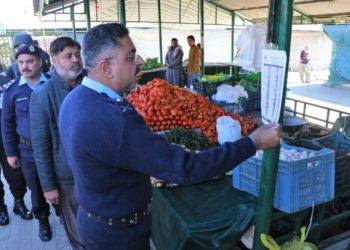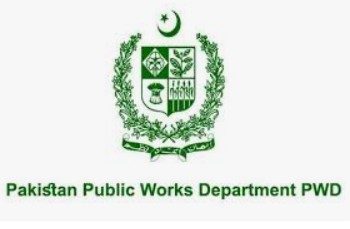News Reporter
ISLAMABAD: Over 100 representatives from national and international organizations and development partners participated in the inaugural session of National Urban Sanitation Workshop to deliberate issues related to urban sanitation.
The workshop is providing an opportunity to the urban sanitation stakeholders to discuss solutions, share experiences and develop joint action plans for addressing Pakistan`s urban sanitation challenges. Co-hosted by the Ministry of Climate Change and UNICEF, with support from the Islamic Development Bank, the workshop is a first step in promoting south-south cooperation to meet urban sanitation challenges.
The workshop has brought together IsDB member countries with relevant experience in urban sanitation to mutually learn and share it with Pakistan’s urban sanitation stakeholders. Water and Sanitation Service providers from major cities of Pakistan, Provincial Planning & Development, Public Health Engineering and Local Government Department’s representatives are participating in the workshop. Other participants include representatives from the World Bank, Asian Development Bank, JICA, KOICA, AfD, UNHABITAT, Unilever, Private sector operators of FSM, NUST, UET Peshawar, WAP, AHKT and AHKF. Federal Government participants are from the Ministry of Climate Change, Pakistan Environment Protection Authority, Ministry of Planning and Economic Affairs Division of the Ministry of Foreign Affairs.
Participants will discuss the key challenges facing urban sanitation systems in Pakistan and mutually share their view point to formulate recommendations for addressing the challenges.
Based on these recommendations, action planning by each stakeholder is envisaged on last day of workshop, followed by a site visit to decentralized solid and liquid waste management facilities in Islamabad.
This workshop is the first phase of two, and after this workshop, the second phase will focus on discussions on project identification and a more detailed analysis of financing and investment mechanisms, and detailed mapping of potential donors, innovative financing opportunities and the potential for public-private collaboration in urban sanitation sector of Pakistan.
Pakistan made significant sanitation progress in the last decade reducing open defecation from 36% in 2010 to 7 % in 2020. In urban areas, basic sanitation coverage is 82 per cent, however data on safely managed sanitation is not available.
Effluent from most sanitation facilities in both rural and urban areas is discharged into the environment without proper treatment or into dysfunctional wastewater treatment plants. Lack of safely managed sanitation systems in the country has led to contamination of most drinking water sources.
















